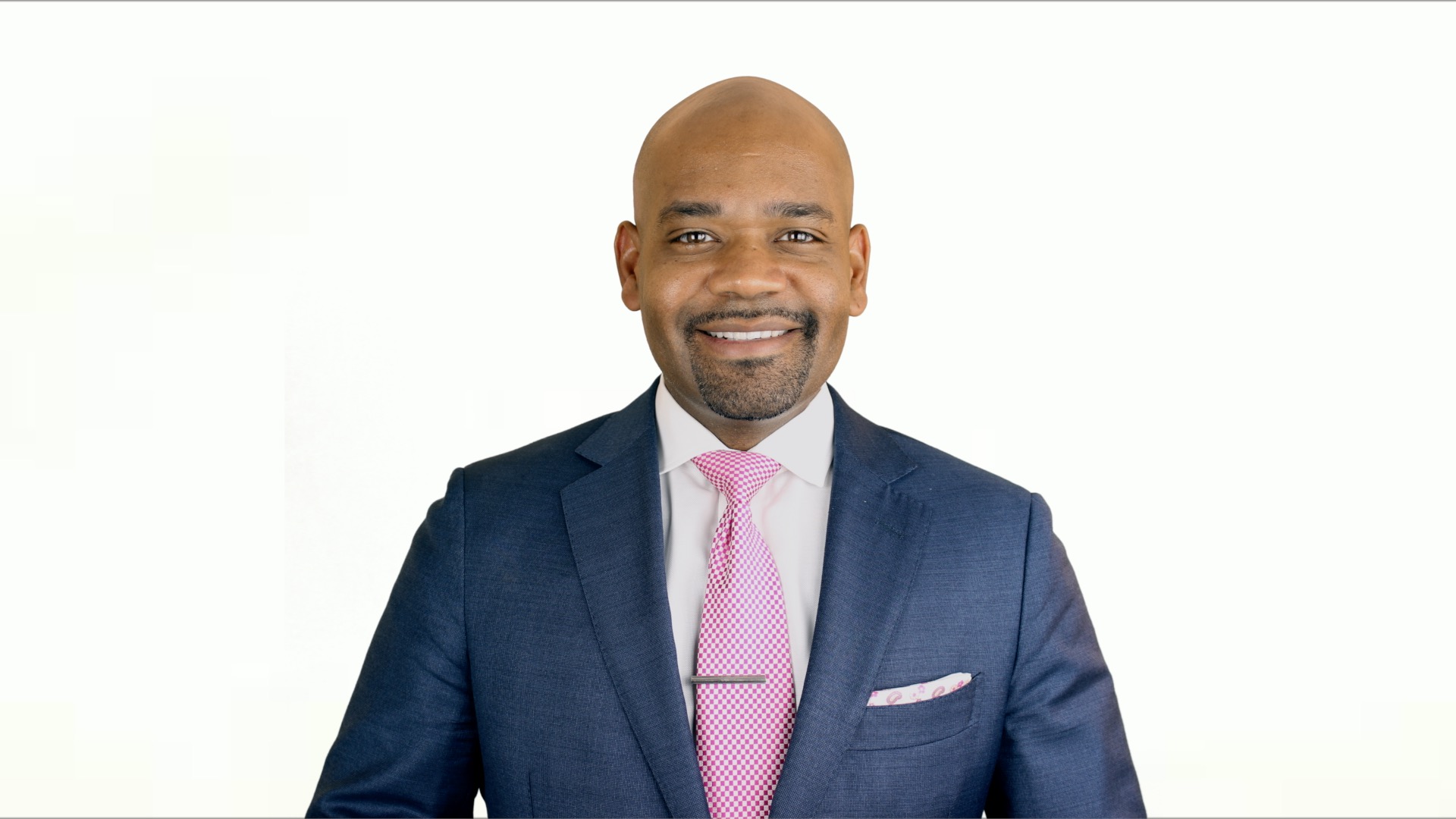Money Mondays: How Not To Get Scammed
How Not To Get Scammed

HOW BIG OF A PROBLEM HAVE FINANCIAL SCAMS BECOME?
According to a report released by the Federal Trade commission, there were an astounding 1.1 million fraud reports in 2017. Now, of those 1.1 million reports, 21% of those people reported a financial loss. And get this, the aggregate reported loss attributed to those complaints were a whopping $905 million dollars! So, while we probably don’t talk about it enough, these scams have become a big issue
OK, SO WHO’S BEING TARGETED AND WHAT TYPE OF SCAMS DO WE NEED TO BE AWARE OF?
Well, let’s start with seniors. One scam that seniors need to watch out for is a call from someone pretending to be from the government (and perhaps even from a spoofed number that looks like they’re legitimately calling from a government office) and demanding money for fines for various things such as missing jury duty. Some will even go so far as to claim that there is a warrant out for your arrest!
A similar scam targeting seniors revolves around unpaid parking tickets. Someone will call pretending to be from the sheriff’s office threatening to tow your car or revoke your license unless you pay these “tickets” immediately.
One common red flag with both of these types of scams is that the caller will request that you pay in strange ways, such as with gift cards, prepaid debit cards or a wire transfer. Law enforcement offices rarely ask for payment using those methods, so if you get a request like that, it’s most likely a scam.
HOW ABOUT YOUNGER FOLKS, ARE THEY SUSCEPTIBLE TO FINANCIAL SCAMS AS WELL?
Definitely! In fact, younger people reported losing money to fraud more often than older people. Consumers aged 20-29 accounted for 40% of all reported losses due to fraud, compared to just 17% for people over 70. On the bright side for millennials, they usually don’t have much money at that age so on average their losses were less than losses for someone over 70.
One scam that younger people need to be mindful of is people asking to be paid for items they’re selling over the internet using mobile payment apps like Venmo, Square Cash and Zelle.
Many of these apps have been slow to implement fraud protection, so it’s basically like mailing someone an envelope full of cash and hoping you get the product back in return.
SO WHAT CAN WE DO TO PROTECT OURSELVES?
I think the top three things that everyone should do to protect themselves from financial fraud are:
1) Register your phone number on the National Do Not Call Registry. If you register online or by calling in and you still receive a suspicious call, then it’s most likely a scam.
2) Don’t trust the caller ID on your phone. Scammers can change the number that shows up on your phone to look legitimate. If you think the call might legitimate, take the person’s information, look up the agency online and place your own call to inquire.
NEVER provide your credit card, bank account or other financial information like 2-step verification codes to anyone you did not initiate the call to.
3) NEVER use mobile payment apps like Venmo, Square Cash, Apple Pay, or Zelle to send money to anyone that you don’t know.
For a complete list of ways to protect yourself, I created a full Fraud Protection Playbook that everyone can download for free on my website at http://www.robwilson.tv/fraudprotection
Rob Wilson is a financial advisor, television contributor and new media personality who concentrates his practice on providing advice to and managing financial affairs for successful professional athletes, entertainers and other young professionals. His work providing advice and guidance to prominent young stars has earned him the moniker “Hip Hop’s Financial Advisor.”
READ MORE STORIES ON BLACKAMERICAWEB.COM:
- Congrats! Coco Jones And NBA Star Donovan Mitchell Announce Engagement
- Teyana Taylor Beams Over Aaron Pierre In New Interview: ‘I Feel Safe’
- Senate Poll Shows Jasmine Crockett Leading Dems, Fox News Responds By Flat-Out Lying About Her Texas Flood Comments
GET THE HOTTEST STORIES STRAIGHT TO YOUR INBOX:














